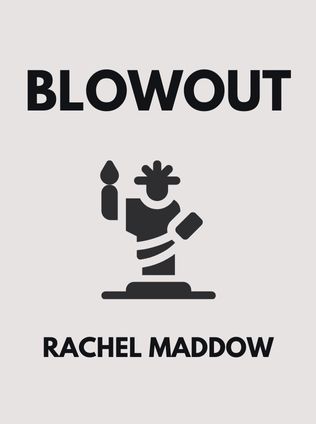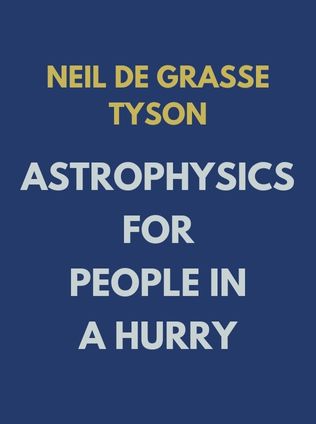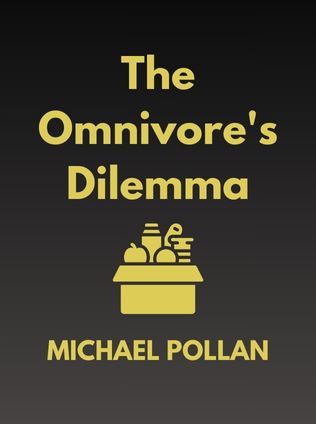
Blowout
Corrupted Democracy, Rogue State Russia, and the Richest, Most Destructive Industry on Earth
By Rachel Maddow
Published 10/2019
About the Author
Rachel Maddow is a renowned journalist, television host, and political commentator known for her sharp wit, analytical prowess, and commitment to investigative journalism. She first gained widespread recognition through her work as a host on the MSNBC news analysis program, "The Rachel Maddow Show," where she combines rigorous data analysis with a conversational tone that has resonated with audiences across the United States.
Maddow's career began in radio, where her keen intellect and ability to break down complex political issues quickly set her apart. Her transition to television only broadened her reach, allowing her to tackle some of the most pressing issues of our time. "Blowout," her latest book, is a testament to her investigative skills, as it dives deep into the dark underbelly of the global energy industry, exposing corruption, environmental devastation, and the intricate ties between energy production and geopolitics.
Main Idea
"Blowout" is a powerful exploration of the energy industry’s influence on global politics, economies, and the environment. Maddow argues that the industry's pervasive corruption, especially in oil and gas production, is not a mere byproduct but a fundamental aspect of its operations. She illustrates how this corruption not only damages the environment but also destabilizes nations, enriches a select few, and perpetuates global inequalities.
The book spans across various regions, from the United States to Russia and Equatorial Guinea, offering a comprehensive view of how energy giants manipulate governments, contribute to environmental disasters, and wield power on a global scale. Maddow makes a compelling case for stricter government regulation to protect both people and the planet from the unchecked power of the energy industry.
Table of Contents
- Introduction: The Energy Beast
- Why Oil and Gas Are So Profitable
- The Resource Curse: Energy Production and National Weakness
- The Environmental Toll: Spills, Fracking, and Earthquakes
- Russia’s Energy Monopoly and Its Global Impact
- Protecting the World: Reforming the Energy Industry
- Conclusion: The Future of Energy
Why Oil and Gas Are So Profitable
Maddow begins by examining the roots of the energy industry, tracing its origins back to the 19th century when oil and gas first became dominant energy sources. The discovery of rock oil in America revolutionized energy production, paving the way for vast wealth accumulation by early oilmen like John D. Rockefeller, whose Standard Oil monopoly set the tone for the industry's future operations.
Rockefeller's tactics—buying out competitors, manipulating prices, and cutting deals with railroads—allowed Standard Oil to dominate the market. Despite the eventual breakup of Standard Oil by the Supreme Court in 1911, the remnants of the company evolved into today's energy giants like Chevron, BP, and ExxonMobil. These companies continue to wield immense power, influencing not only the economy but also national and international politics.
Maddow highlights the invention of slickwater and horizontal drilling techniques in the 1990s, which further cemented the profitability of natural gas. These innovations made it possible to extract more gas at lower costs, fueling a boom in the industry that promised energy independence for the United States. However, as Maddow points out, this promise came with significant environmental and social costs.
Sign up for FREE and get access to 1,400+ books summaries.
You May Also Like
Rich Dad Poor Dad
What the Rich Teach Their Kids About Money - That the Poor and Middle Class Do Not!
By Robert T. KiyosakiFreakonomics
A Rogue Economist Explores the Hidden Side of Everything
By Steven D. Levitt and Stephen J. DubnerI Am Malala
The Story of the Girl Who Stood Up for Education and Was Shot by the Taliban
By Malala YousafzaiFactfulness
Ten Reasons We're Wrong About the World – and Why Things Are Better Than You Think
By Hans RoslingBraiding Sweetgrass
Indigenous Wisdom, Scientific Knowledge and the Teachings of Plants
By Robin Wall Kimmerer



















